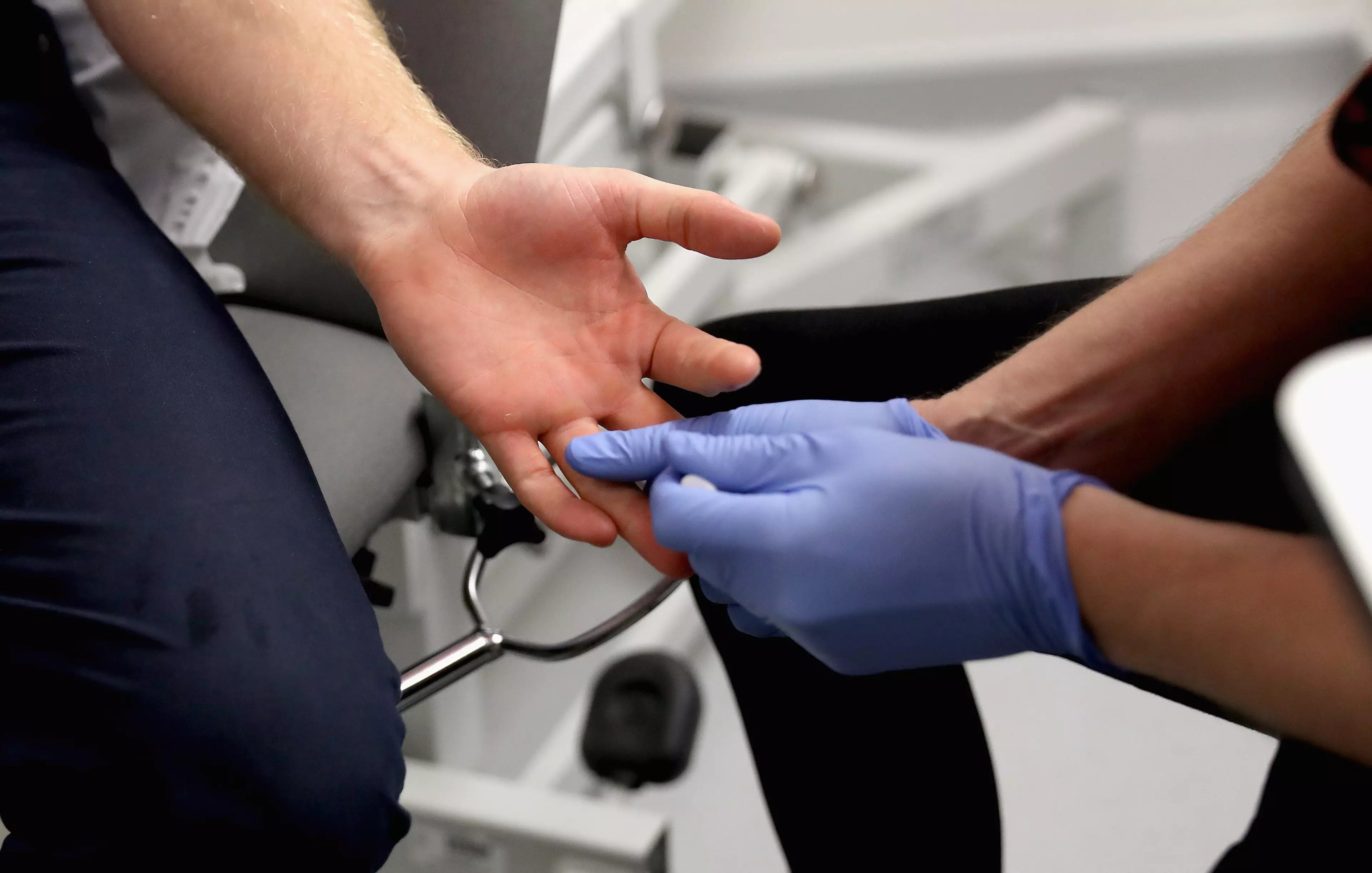
A UK supermarket may have unknowingly infected thousands of people with hepatitis E, through pork products, Public Health England has warned.
The warning comes after a paper was published in which scientists traced the shopping habits of 60 patients who had the HEV G3-2 strain of the hepatitis E virus.

The virus is believed to have been transmitted through sausages and other pork products. Credit: PA
Advert
Most patients were reported to only suffer few symptoms, although other people, particularly those who already had weaker immune systems, did develop serious illnesses, according to The Times.
The hepatitis E virus can cause liver cirrhosis and neurological damage.

Thousands of people may have been infected. Credit: PA
Advert
The report found that the patients had all bought own-brand sausages or pre-packed ham from the same supermarket chain, the Metro reports.
The virus is carried by pigs in Europe, mainly in Holland and Germany, and can be transferred to humans through sausages and other pork products.
It is reported that UK pigs do not carry this particular strain of the virus.

The infected pork is reported to be from Europe. Credit: PA
Advert
Researchers have estimated that between 150,000 and 200,000 British people could be infected by the sausages and other pork products every year.
The supermarket in question hasn't been named and is instead referred to as Supermarket X throughout the report.

Credit: PA
Advert
The supermarket has not been 'blamed' by either PHE or the Food Standards Agency, as it is said to have not known about the risk of widespread infection.
As a result of the warning, blood and organ donations in the UK are being tested for the presence of the virus.
The research began in 2014 and was finished last year,
however, due to the 'sensitivity' of what it found, it has only been made public
recently.
Topics: UK